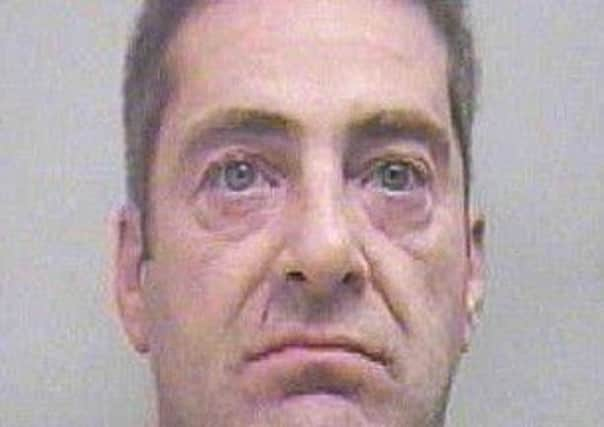Confiscation order of £300,000 made against fraudster in Milton Keynes


The order was made at Harrow Crown Court on 28 April 2017 against John Clifton Davies aged 55, formerly of Dean Forest Way, Broughton, Milton Keynes.
In March 2015 Davies was sentenced (in his absence) to eight years’ imprisonment after being convicted of:
Seven counts of fraud by abuse of position
Four counts of fraud by false representation
One count of dishonestly obtaining services
Advertisement
Hide AdAdvertisement
Hide AdThis trial followed a fraud investigation into Davies which the Economic Crime Unit of Thames Valley Police began in 2012.
Between 2007 and 2012, Davies had been involved with a number of businesses struggling financially and contemplating formal administration or liquidation. He purported to be an insolvency specialist operating through a number of consultancy companies of which he was the director. One of these was called Corporate Solutions Ltd.
Davies gained the trust of the companies’ owners and made promises about how he would help them through their financial difficulties. He advised these companies to transfer funds into accounts that he set up and to which he was signatory, advising them that this money was being put aside to pay creditors, or to set up new companies in order to conduct future business.
However, amounts paid into these accounts were withdrawn by him and used to fund a lavish lifestyle at the expense of the failing companies, including considerable amounts spent on designer clothes and foreign holidays.
Advertisement
Hide AdAdvertisement
Hide AdIn 2011, £200,000 directly obtained from one of these businesses was used by Davies to buy a house worth £500,000. He also used these funds to purchase furniture and fixtures and fittings for this property.
In October 2013, he was charged with fraud and other offences but while on bail, he absconded abroad. Although fully aware of proceedings, he was tried in his absence, and on 4 March 2015, he was convicted of 11 counts of fraud and one count of dishonestly obtaining services, amounting to losses of over £780,000. He was sentenced on 31 March 2015 to eight years’ imprisonment and the court commenced confiscation proceedings under the Proceeds of Crime Act (POCA) 2002.
In March 2013, the court granted a restraint order preventing Davies from dealing with or disposing of his property, most significantly his house, which had appreciated in value since its purchase.
The restraint order ensured that the house and its true market value could be preserved until a High Court order ruled that it should be subject to an enforced sale, which occurred in September 2015, with the proceeds of sale withheld from Davies and paid instead to the aggrieved business.
Advertisement
Hide AdAdvertisement
Hide AdFinancial investigator, Barry Winslade of the Economic Crime Unit, said; “Notwithstanding his absconding, and his continued absence, POCA legislation allowed for the confiscation to proceed against Davies, and despite his recognised and prolonged ‘lavish’ lifestyle, the prosecution argued that historic purchases, cash withdrawals and unexplained transfers to third parties should be deemed ‘available’ amounts, unless Davies could adequately account for them.
“Although represented in the proceedings, his refusal to engage with the court or the prosecution resulted in the Judge concluding that the court was dealing with a “cynical and manipulative fraudster”. He found that Davies had markedly failed to discharge the burden in demonstrating what his available assets were and as a result, the court granted a confiscation order against Davies for the amount of £397,295.61.
“The order amount is made up predominantly of ‘hidden assets’ and ‘tainted gifts’ of monetary amounts paid to third parties during the period of his offending. While he is still at large, the court issued a default sentence of two years (in addition to the eight years imposed upon conviction) in default, if the confiscation remains unpaid. Any amounts that are recovered will be apportioned between Davies’ victims.
“His continued absence means he is yet to serve his sentence and to satisfy the confiscation order, however his house has been sold with the net proceeds being paid back to the rightful owner.
“The case highlights the powers of the POCA legislation to preserve assets and in the determined pursuance of the defendant’s assets, despite his absconding.”